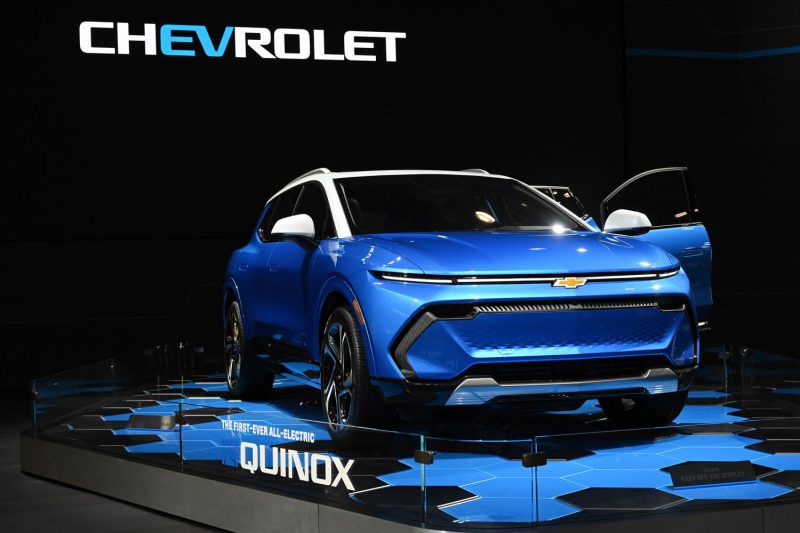In recent years, the automotive industry has been swiftly embracing electric vehicles (EVs) as a vital component in shaping a sustainable future. General Motors (GM), a renowned American automaker, has been gradually transitioning towards EVs with the aim of reducing carbon emissions and meeting the growing demand for electric mobility. However, despite the surge in EV sales globally, GM has made the decision to slow down its EV plans once again.
One of the primary reasons behind GM’s decision to temper its EV ambitions is the complex challenges associated with transitioning to electric vehicles. While the sale of electric vehicles is on the rise, the infrastructure required to support widespread adoption still lags behind. This infrastructure includes charging stations, battery technology, and regulatory frameworks that must be developed to facilitate the seamless integration of EVs into the market.
Moreover, GM’s decision to slow down its EV plans reflects the broader economic environment and competitive landscape of the automotive industry. The global supply chain disruptions caused by the COVID-19 pandemic have posed significant challenges for automakers, including GM, leading to production delays and increased costs. In such uncertain times, companies must carefully navigate the economic landscape to ensure long-term sustainability and profitability.
Additionally, competition in the EV market is intensifying, with both traditional automakers and new entrants vying for market share. Tesla, a pioneer in the EV industry, continues to dominate the market, pushing other automakers to innovate and accelerate their electric vehicle offerings. As a result, GM faces pressure to differentiate its EV lineup, enhance battery technology, and invest in cutting-edge research and development to stay competitive in the evolving market.
Despite the challenges and uncertainties surrounding GM’s EV plans, the company remains committed to its sustainability goals and acknowledges the importance of transitioning to electric mobility. GM’s decision to slow down its EV plans should be viewed as a strategic recalibration rather than a setback, as the company seeks to address the complexities of the EV market while maintaining its commitment to innovation and sustainability.
In conclusion, GM’s decision to pump the brakes on its EV plans underscores the intricate nature of transitioning to electric vehicles in a rapidly changing automotive landscape. While the road ahead may present challenges, GM’s strategic approach to navigating the complex EV market signals a long-term commitment to sustainability and innovation. As the automotive industry continues to evolve, GM’s measured approach to electrification will be crucial in shaping the future of electric mobility.

